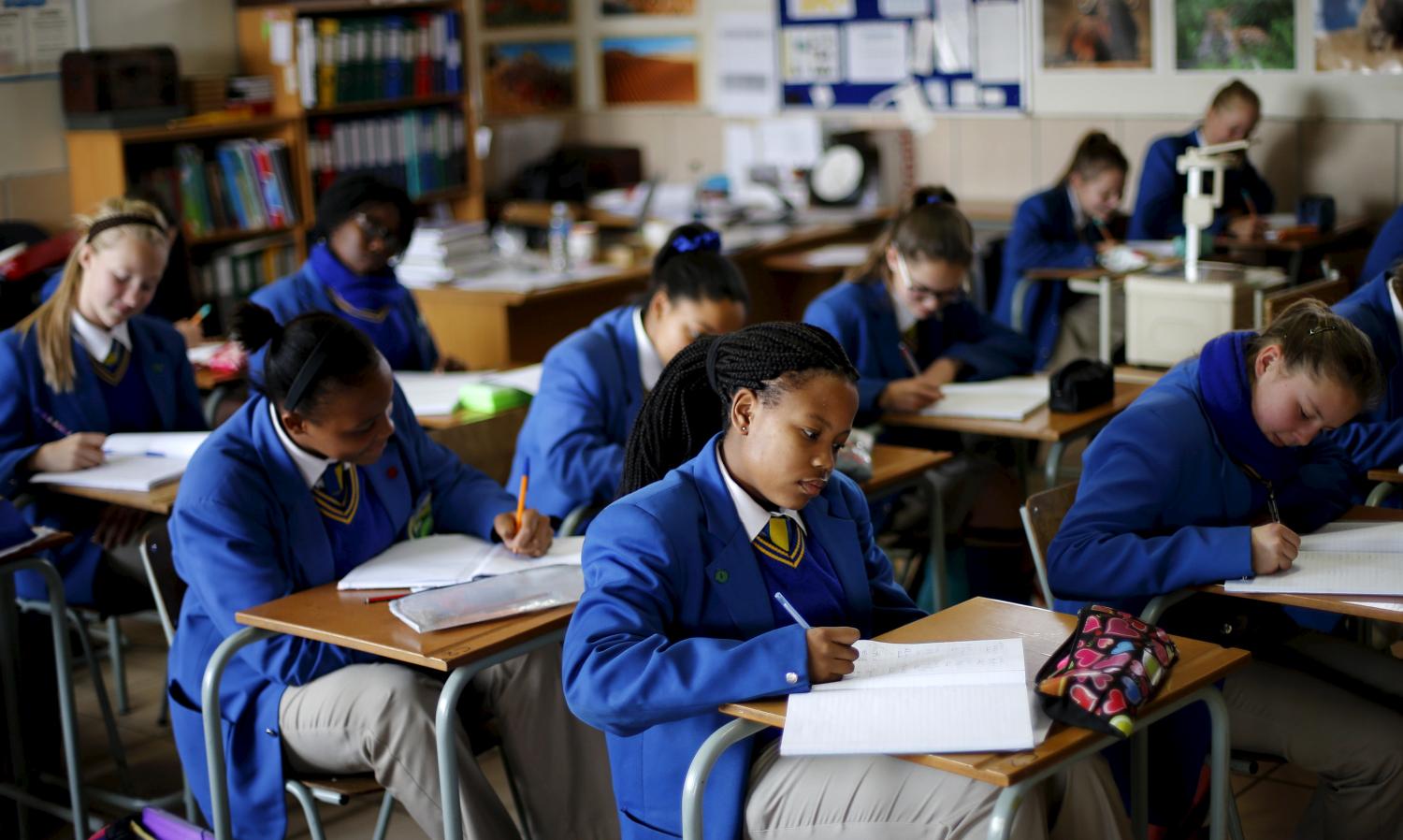Dear Colleagues,
Former President George W. Bush finished his tenure without having won congressional renewal of No Child Left Behind (NCLB). That task will now fall to the new administration and congress.
A key component of NCLB is Reading First (RF). Created to encourage the use of scientifically based research as the basis for reading instruction, RF aims to ensure that all children learn to read well by the end of third grade. Reading is a foundational skill that affects the rest of a child’s opportunities for learning from the earliest grades in school. However, the scientific evidence for RF was weaker than acknowledged at the outset. Now, after six years of implementation, the program has not met its lofty goals.
Where do we go from here? Program advocates want to stay the course on the assumption that more time will be sufficient for RF to realize its potential. This is a leap of faith. Opponents would roll funding for reading instruction into the Title I block grant for education of the disadvantaged, with minimal federal strings-a failed tactic of the 1990s.
There is another way: Extend the state-based standards and assessment provisions of NCLB down to grades K-2 for reading, while removing federal specifications for reading instruction. The strongest pillar of NCLB is its requirement for aligned standards and assessments coupled with public reporting of results. Yet, current requirements for reading start at grade 3, which is too late for the nation’s weakest readers.
A requirement for clear state or regional standards for what children should accomplish in reading, starting in kindergarten, along with annual assessments aligned to those standards, should be a core reform of the next version of RF. Those standards should include not only the ability to translate print into speech but also the vocabulary and background knowledge that children need in order to comprehend what they read. More investment in R&D on reading instruction and better mechanisms for encouraging utilization of research findings in the classroom are also needed. Each is an appropriate federal role and a promising basis for the design of the second version of Reading First.
You can download the full report below. I look forward to a robust debate on Capitol Hill and in the education community.
Regards,
Russ Whitehurst Director, Brown Center on Education Policy
Read the paper » (PDF)
The Brookings Institution is committed to quality, independence, and impact.
We are supported by a diverse array of funders. In line with our values and policies, each Brookings publication represents the sole views of its author(s).




